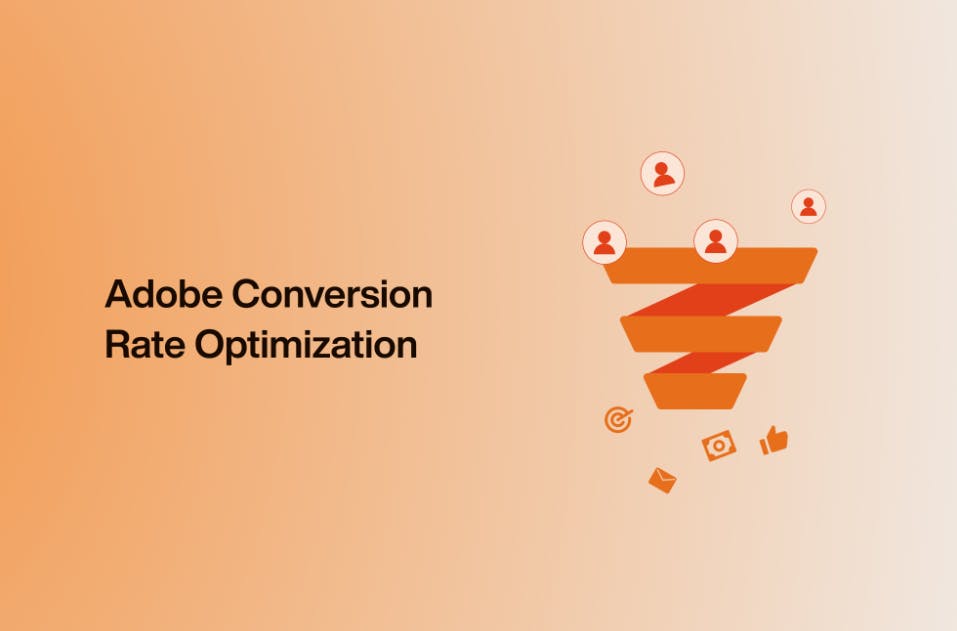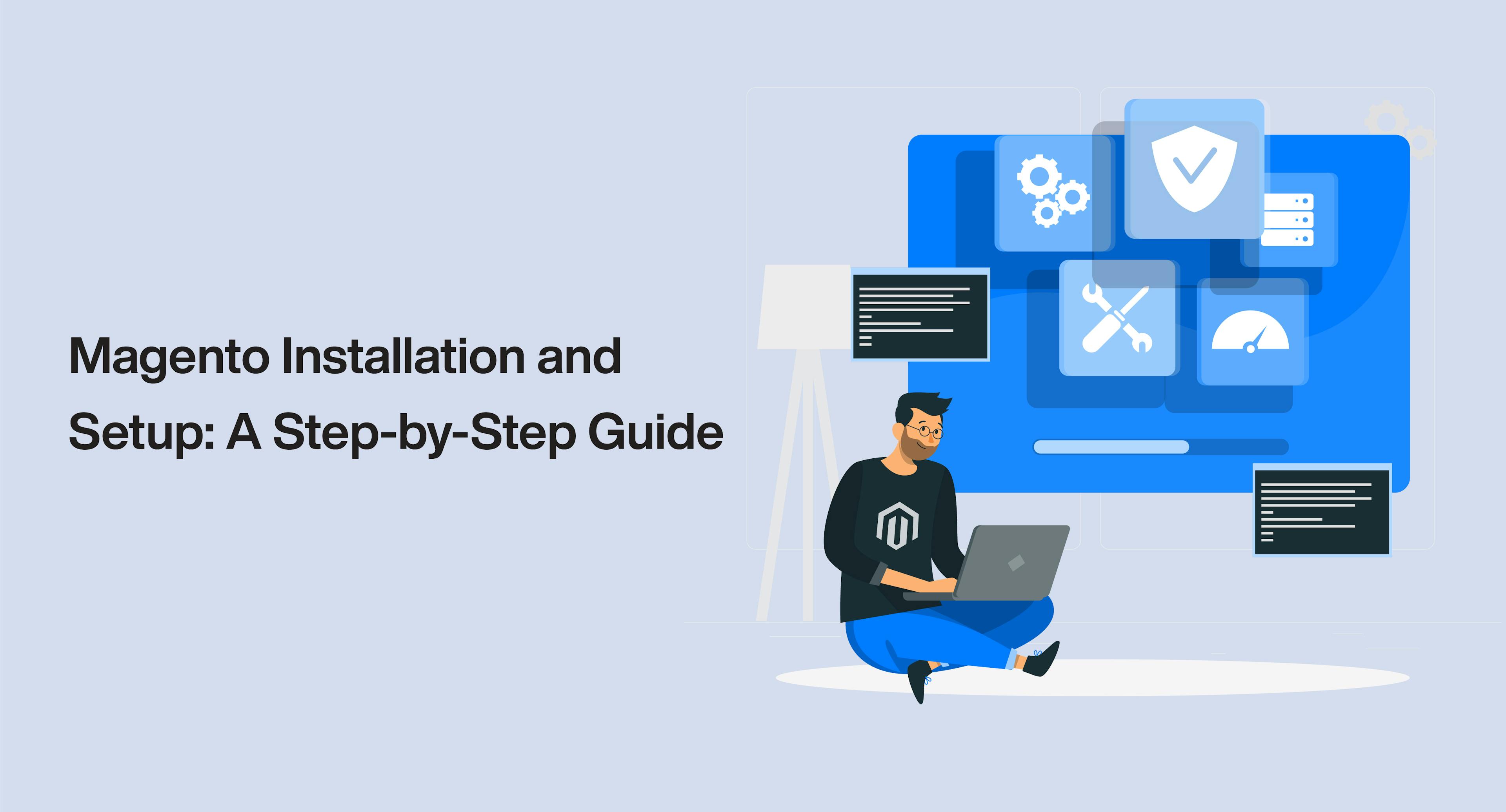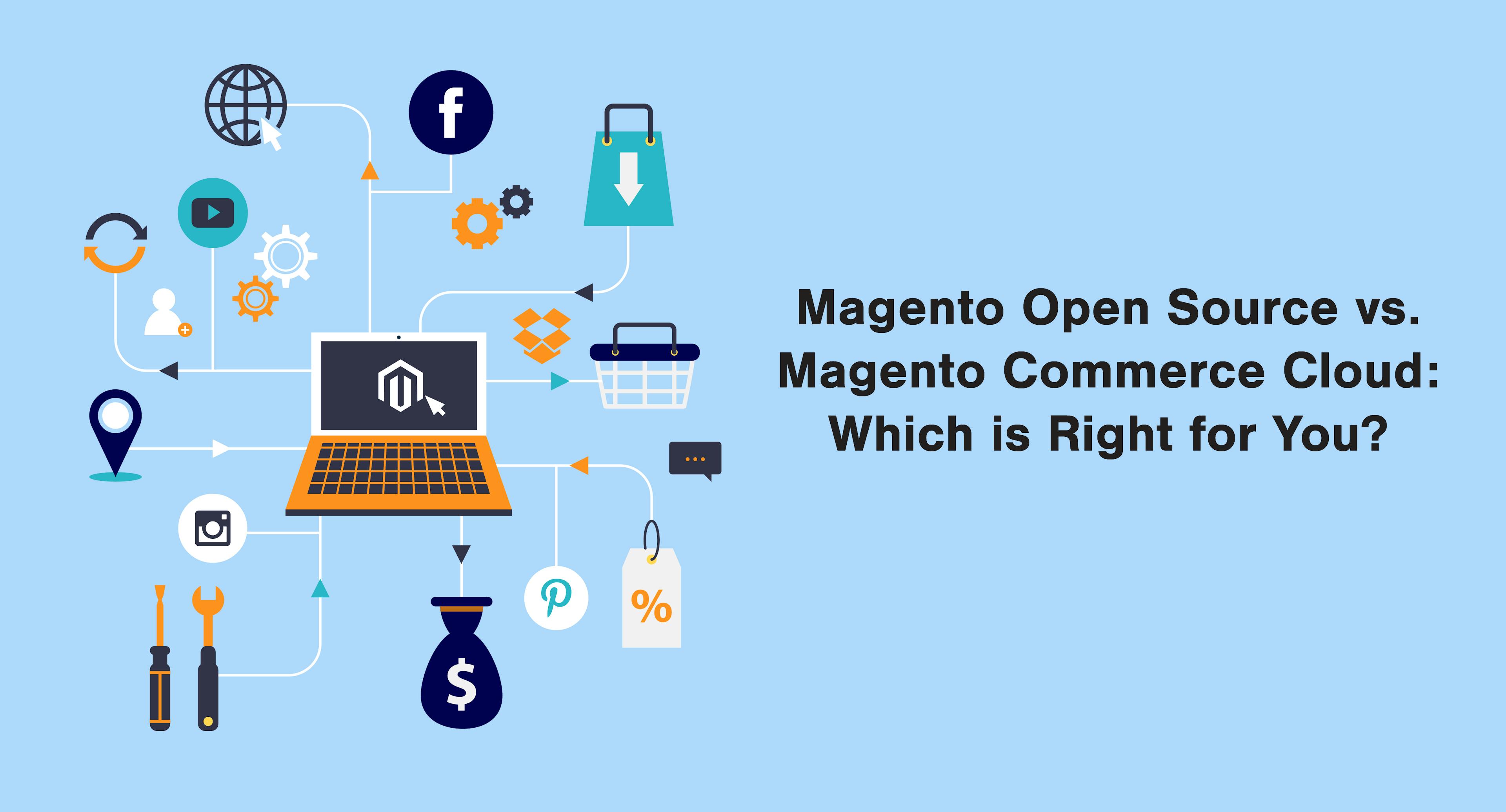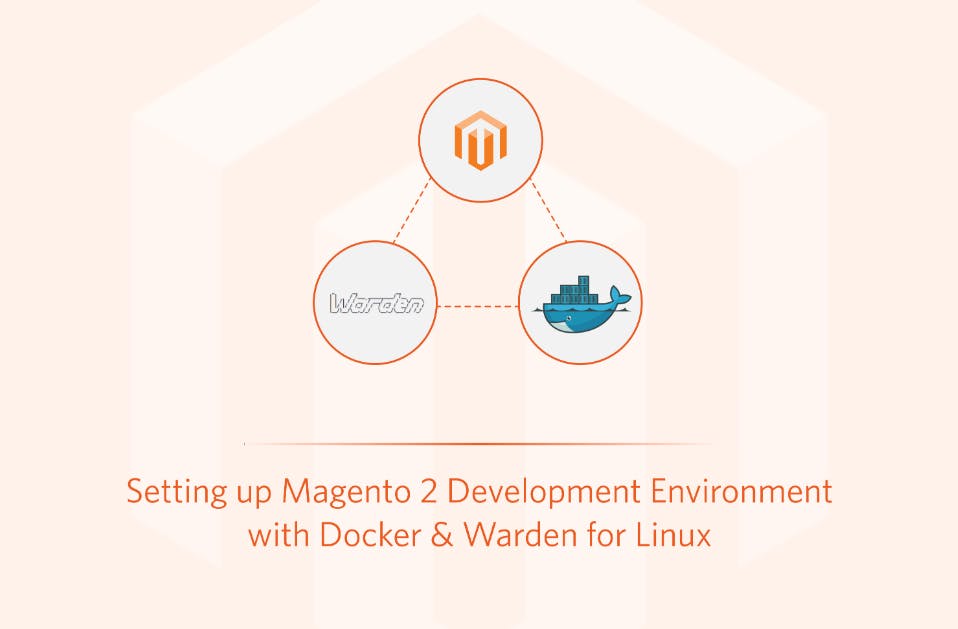The art of storytelling has emerged as a compelling strategy that transcends time and technology. Harnessing the potency of narratives isn't merely about recounting tales of old; it's about sculpting engaging stories that captivate audiences, elevate brands, and drive business growth. Understanding the pivotal role of storytelling and implementing structured frameworks can be a game-changer for modern enterprises.
Magento vs. Other Ecommerce Platforms: A Comprehensive Comparison
 Aug 5, 2024
Aug 5, 2024 5 min read
5 min read
In the dynamic world of ecommerce, choosing the right platform is crucial for your business's success. Among the myriad of options available, Magento stands out as a robust and flexible solution. However, how does it compare to other popular ecommerce platforms? In this comprehensive comparison, we will evaluate Magento alongside Shopify, WooCommerce, BigCommerce, and Wix to help you make an informed decision.
Magento
Magento is an open-source ecommerce platform known for its flexibility, scalability, and extensive feature set. It is highly customizable, allowing businesses to tailor their online stores to specific needs. Magento offers two main versions: Magento Open Source (formerly Magento Community) and Magento Commerce (formerly Magento Enterprise).
Pros of Magento
- Flexibility and Customization: Magento's open-source nature allows for extensive customization, making it suitable for businesses with unique requirements.
- Scalability: It can handle large volumes of products and traffic, making it ideal for growing businesses.
- Feature-Rich: Magento comes with a wide range of built-in features, including advanced SEO tools, multi-store management, and robust inventory management.
- Community Support: A large community of developers and users provides ample support, extensions, and plugins.
Cons of Magento
- Complexity: Magento's extensive features and customization options come with a steep learning curve, often requiring developer expertise.
- Cost: While Magento Open Source is free, the total cost of ownership can be high due to hosting, development, and maintenance expenses.
- Performance: Magento can be resource-intensive, necessitating powerful hosting solutions to ensure optimal performance.
Shopify
Shopify is a hosted ecommerce platform known for its ease of use and quick setup. It caters to businesses of all sizes and offers a range of pricing plans.
Pros of Shopify
- User-Friendly: Shopify is easy to set up and manage, making it ideal for beginners and small businesses.
- Hosted Solution: As a fully hosted platform, Shopify takes care of hosting, security, and maintenance, allowing businesses to focus on sales.
- App Ecosystem: Shopify has a vast app store with numerous plugins and integrations to enhance store functionality.
- Customer Support: Shopify provides 24/7 customer support, ensuring help is always available when needed.
Cons of Shopify
- Customization Limitations: While customizable, Shopify's flexibility is limited compared to Magento, especially for complex requirements.
- Transaction Fees: Shopify charges transaction fees unless using Shopify Payments, which can increase costs.
- Monthly Fees: Shopify's subscription fees can add up, especially for businesses requiring advanced features.
WooCommerce
WooCommerce is a popular ecommerce plugin for WordPress, offering a cost-effective solution for small to medium-sized businesses.
Pros of WooCommerce
- Integration with WordPress: WooCommerce seamlessly integrates with WordPress, leveraging its powerful CMS capabilities.
- Customization: As an open-source solution, WooCommerce is highly customizable, allowing for tailored solutions.
- Cost-Effective: The core plugin is free, with numerous free and paid extensions available to enhance functionality.
- Community and Resources: A large community and extensive resources provide support and development options.
Cons of WooCommerce
- Hosting and Maintenance: Users are responsible for hosting, security, and maintenance, which can be time-consuming and require technical knowledge.
- Scalability: While suitable for small to medium-sized businesses, WooCommerce may struggle with very large stores without significant optimization.
- Add-On Costs: The need for various paid extensions can increase the total cost of ownership.
BigCommerce
BigCommerce is a hosted ecommerce platform designed for businesses looking for a comprehensive, scalable solution.
Pros of BigCommerce
- Comprehensive Features: BigCommerce offers a robust set of built-in features, reducing the need for third-party apps.
- Scalability: It can handle large volumes of traffic and products, making it suitable for growing businesses.
- SEO and Marketing Tools: BigCommerce provides advanced SEO and marketing tools to help drive traffic and sales.
- No Transaction Fees: Unlike Shopify, BigCommerce does not charge transaction fees, which can be a cost-saving factor.
Cons of BigCommerce
- Complexity: The extensive feature set can be overwhelming for beginners, requiring a learning curve.
- Monthly Fees: BigCommerce's pricing plans can be expensive, especially for smaller businesses.
- Customization Limits: While customizable, it does not offer the same level of flexibility as Magento or WooCommerce.
Wix
Wix is a website builder with ecommerce capabilities, known for its drag-and-drop interface and ease of use.
Pros of Wix
- Ease of Use: Wix's intuitive interface makes it easy to build and manage an online store without technical skills.
- All-in-One Solution: Wix provides hosting, security, and maintenance, simplifying store management.
- Design Flexibility: A wide range of templates and design tools allow for visually appealing stores.
- Cost-Effective: Wix offers affordable pricing plans, making it suitable for small businesses and startups.
Cons of Wix
- Limited Scalability: Wix may not be suitable for very large stores with high traffic and complex needs.
- SEO Limitations: While improving, Wix's SEO capabilities are not as advanced as other platforms.
- Customization Constraints: Customization options are limited compared to open-source solutions like Magento and WooCommerce.
Conclusion
When comparing Magento to other ecommerce platforms, it's clear that each has its own strengths and weaknesses. Magento is ideal for businesses with complex needs and technical resources, offering unparalleled customization and scalability. Shopify is perfect for those seeking ease of use and a hosted solution, though it may come with higher costs and limited flexibility.
WooCommerce is a great choice for WordPress users looking for a customizable and cost-effective option, though it requires more hands-on management. BigCommerce provides a robust, scalable solution with comprehensive features but may be complex and costly for smaller businesses. Wix suits small businesses and startups seeking an easy-to-use, affordable option, albeit with limitations in scalability and SEO.
Ultimately, the best ecommerce platform for your business depends on your specific requirements, budget, and technical capabilities. Consider these factors carefully to choose the platform that will best support your ecommerce goals.
More blogs from Vaisakh Nair
Subscribe to our Blog
Stay up to date on the latest trends, emerging tech, launches and much more













































